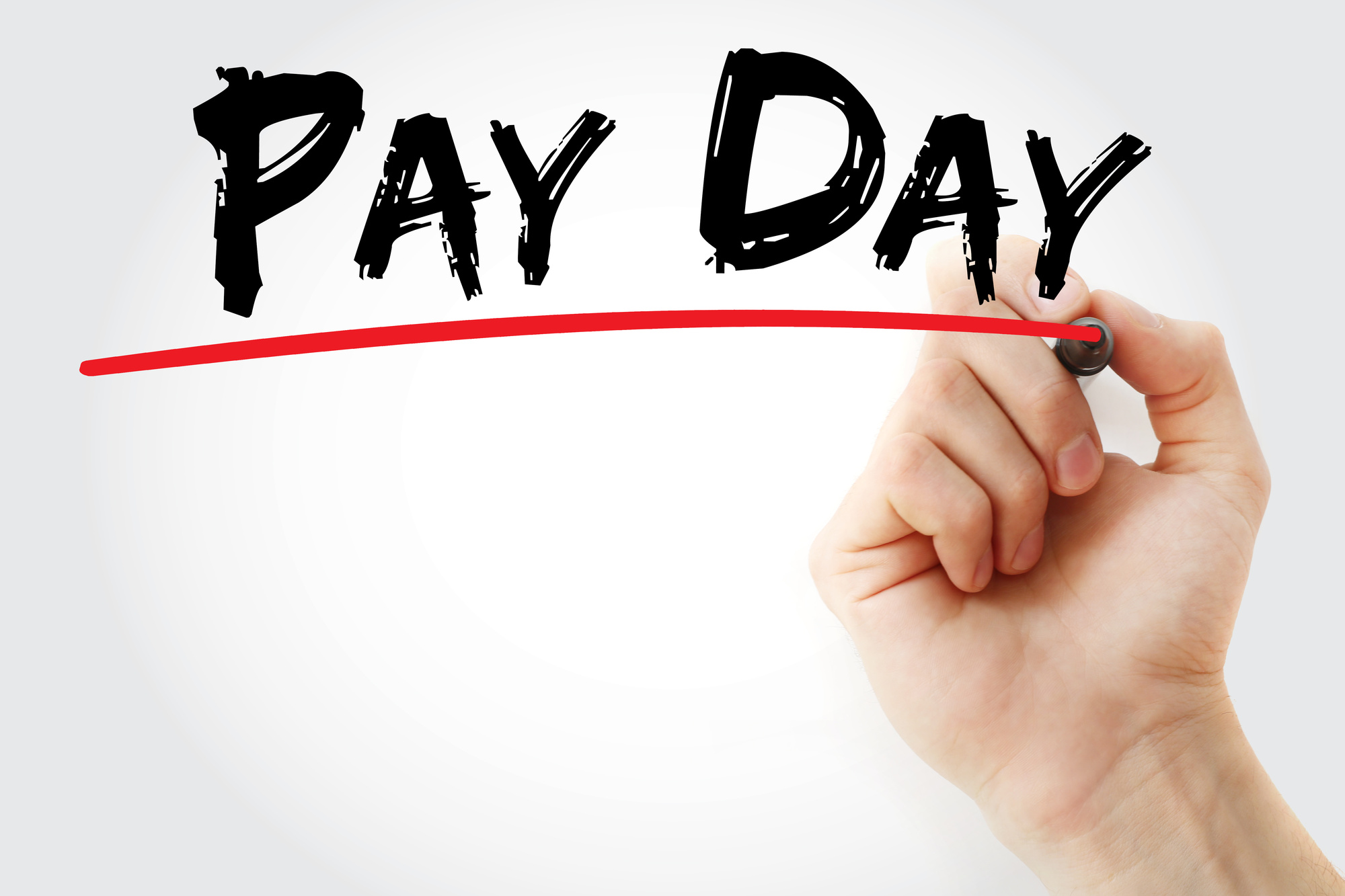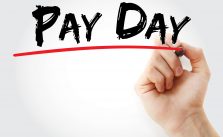 The best part of being employed is getting paid. But did you know your paycheck holds valuable information that’s of grave importance to you?
The best part of being employed is getting paid. But did you know your paycheck holds valuable information that’s of grave importance to you?
Due to the convenience of direct deposit and easy check cashing, most people rarely pay attention to their paystubs, except to verify the amount and sometimes the hours worked.
Pay stubs matter for so many other reasons. So, what are pay stubs and why are they important?
What Are Paystubs?
A pay stub is the retainable part of a paycheck that details how an employee is paid. It lists how much a person earns per working period–weekly, biweekly, or monthly–as well as year-to-date earnings.
The stub also particularizes how much taxes are paid each pay period and how many deductions, like benefits and RPO (Retirement Plan Options) payments, are deducted from an employee’s gross pay.
The taken home pay (net pay) is also itemized on the stub.
Why Stubs Matter
Check stubs are important for employers and employees, as they prove earnings paid out and earning received.
All employers are required to list mandated deductions such as social security and Medicare. Detailing this information on check stubs serve as evidence.
Renting or buying a house, applying for a credit card, and purchasing a new car all require proof of earnings. Stubs verify active employment.
Also, the IRS can audit tax records up to six years. If you’ve lost or misplaced important tax returns, check stubs act as documentation of earnings and taxes paid.
How They Help Employees Understand Their Pay
Most of the time, employees look at their paycheck simply to make sure they’ve been paid what’s promised and go about their everyday business.
Check stubs help employees understand how they are paid and exactly how federal requirements are deducted from their pay.
Gross Pay
People confuse gross pay and net pay frequently. Gross pay on a stub indicates exactly what an employee earned for each hour worked before any deductions are taken out.
Hours Worked
The average employer uses some form of punch clock like Kronos to keep track of how many productive hours employees have worked.
These hours are digitally captured, calculated, and printed on check stubs for both employee and employer record. Pay rates are listed as well.
Deductions
Deductions are subtractions from an employee’s gross pay. Some are pre-tax and some are post-tax.
A lot of times employees don’t understand deductions in their pay because they don’t understand how deductions work.
Pre-tax deductions lower an employee’s taxable income. Health insurance, 401K, and flexible spending accounts are all pre-tax deductions that affect gross pay.
Garnishments and life insurances are examples of post-tax deductions that are debited from an employee’s pay after payroll pre-taxes.
Net Pay
Net pay is what an employee takes home after deductions. This amount gets deposited into an account or a paper check is issued by a pay stub generator.
Stubs include all of the relevant information to help people understand how they get paid.
Save Your Pay Stub
Paystubs are salary records that help you keep track of your salary and tax requirements. They also give you an understanding of how your money is allocated before you handle your net pay.
Want more information? Check out our articles on how to earn money for more thrifty financial tips.
